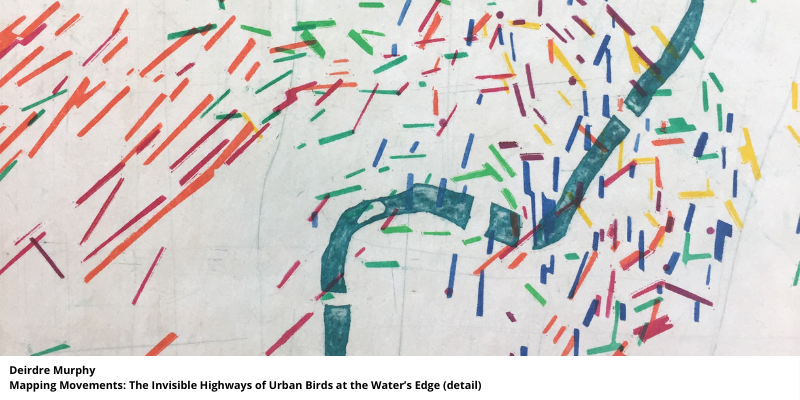Guiding Our Next Steps
March 16, 2022

The Penn Program in Environmental Humanities is embarking on an ambitious strategic planning process and we want to hear from you!
Please take 10 minutes (not more!) to help us discover some basic information about how you--our diverse stakeholders at Penn, in Philadelphia, and across the planet--interact with PPEH. Your input to this survey is vital as we work to craft an innovative, inclusive, and strategic plan to support transdisciplinary environmental research, teaching, and activism here in Philadelphia and beyond.
Now in its sixth year, PPEH has grown into a global hotspot for transdisciplinary inquiry on the environment, known for its publicly engaged research, often conducted with creative strategies developed in partnership with communities in which our faculty works. The Program began as an undergraduate initiative in 2014 and quickly grew in the following years to provide undergraduate and graduate student research fellowships, organize a faculty working group, and receive a generous four-year grant to formalize the program.
The Program has created new classes at Penn; developed public research opportunities, including community-based research internships for undergraduates; supported faculty collaborations with artists; established a hub for the environmental humanities in our watershed; worked with regional environmental non-profits, museums, and informal educational centers; supported graduate research with fellowships and mentoring; offered artist residencies, including one “remote residency” developed amid the ongoing pandemic. The new minor in environmental humanities is now attracting undergraduates with majors across the arts and sciences.
Our community’s work includes books and articles; they also include live performances, films, tours, installations, and museum exhibits, including one which opened in January 2022 at the Independence Seaport Museum on the Delaware River in Philadelphia–the Ecotopian Toolkit Project.
As we enter an exciting new moment in the program, we want to take stock of where we are and where we want to go in the next five years. With a series of surveys, remote and in-person engagements, and public gatherings and opportunities for input, PPEH will be asking: How will we continue to foster rich opportunities for transdisciplinary collaborations? How can we support Penn’s climate commitments and ecological ethic? What does training look like to support the coming generation of educational leaders amid a worsening climate and ecological crisis? To answer these pressing questions, we especially need counsel from our community!
Many thanks in advance for participating. Your help is greatly appreciated.
